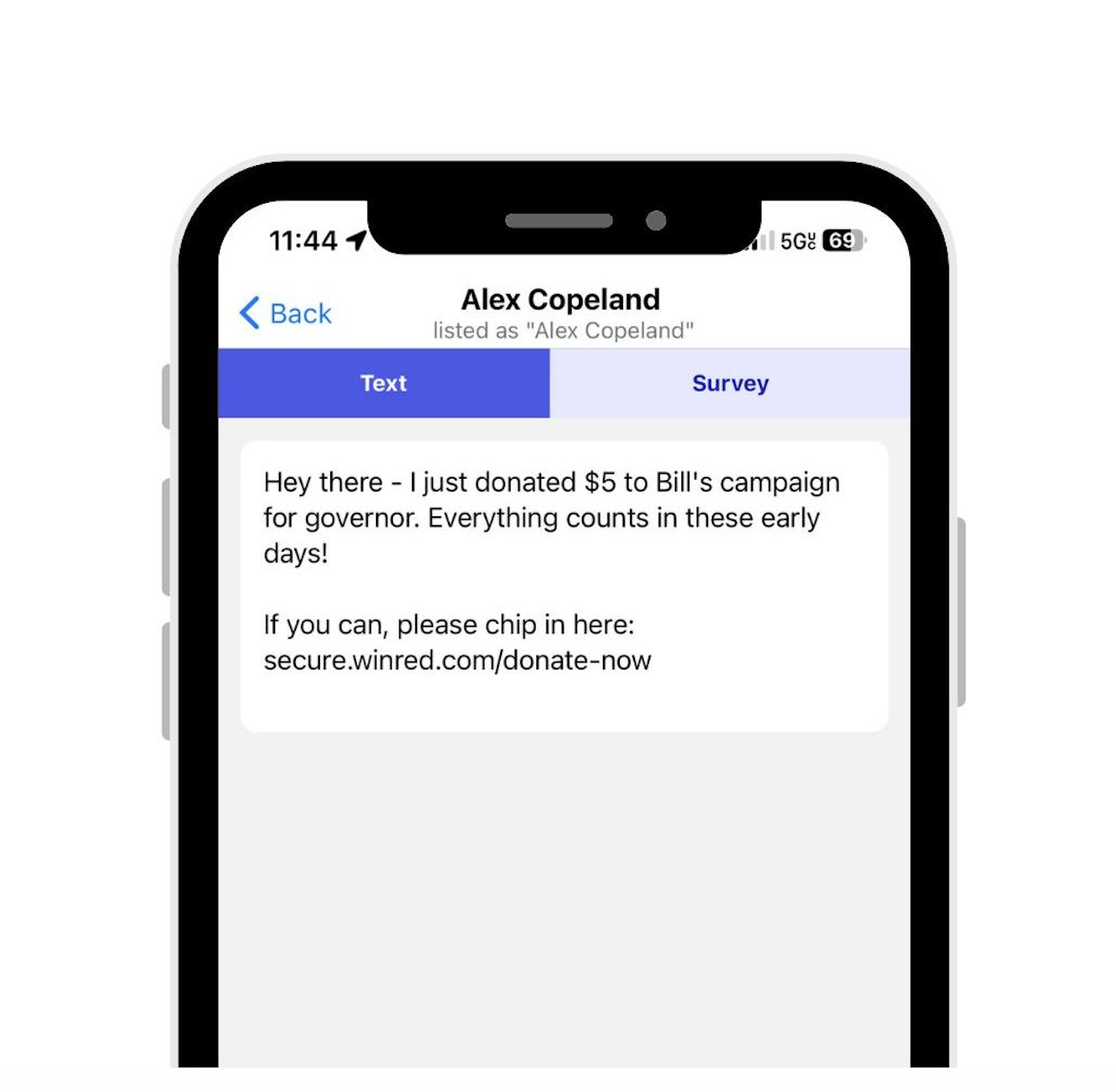Georgia House Caucus: Coordinating Strategy
Coordinating Strategy

Integrate your CRM with other tools
Lorem ipsum dolor sit amet, consectetur adipiscing elit lobortis arcu enim urna adipiscing praesent velit viverra sit semper lorem eu cursus vel hendrerit elementum morbi curabitur etiam nibh justo, lorem aliquet donec sed sit mi dignissim at ante massa mattis.
- Neque sodales ut etiam sit amet nisl purus non tellus orci ac auctor
- Adipiscing elit ut aliquam purus sit amet viverra suspendisse potenti
- Mauris commodo quis imperdiet massa tincidunt nunc pulvinar
- Adipiscing elit ut aliquam purus sit amet viverra suspendisse potenti
How to connect your integrations to your CRM platform?
Vitae congue eu consequat ac felis placerat vestibulum lectus mauris ultrices cursus sit amet dictum sit amet justo donec enim diam porttitor lacus luctus accumsan tortor posuere praesent tristique magna sit amet purus gravida quis blandit turpis.

Techbit is the next-gen CRM platform designed for modern sales teams
At risus viverra adipiscing at in tellus integer feugiat nisl pretium fusce id velit ut tortor sagittis orci a scelerisque purus semper eget at lectus urna duis convallis. porta nibh venenatis cras sed felis eget neque laoreet suspendisse interdum consectetur libero id faucibus nisl donec pretium vulputate sapien nec sagittis aliquam nunc lobortis mattis aliquam faucibus purus in.
- Neque sodales ut etiam sit amet nisl purus non tellus orci ac auctor
- Adipiscing elit ut aliquam purus sit amet viverra suspendisse potenti venenatis
- Mauris commodo quis imperdiet massa at in tincidunt nunc pulvinar
- Adipiscing elit ut aliquam purus sit amet viverra suspendisse potenti consectetur
Why using the right CRM can make your team close more sales?
Nisi quis eleifend quam adipiscing vitae aliquet bibendum enim facilisis gravida neque. Velit euismod in pellentesque massa placerat volutpat lacus laoreet non curabitur gravida odio aenean sed adipiscing diam donec adipiscing tristique risus. amet est placerat.
“Nisi quis eleifend quam adipiscing vitae aliquet bibendum enim facilisis gravida neque velit euismod in pellentesque massa placerat.”
What other features would you like to see in our product?
Eget lorem dolor sed viverra ipsum nunc aliquet bibendum felis donec et odio pellentesque diam volutpat commodo sed egestas aliquam sem fringilla ut morbi tincidunt augue interdum velit euismod eu tincidunt tortor aliquam nulla facilisi aenean sed adipiscing diam donec adipiscing ut lectus arcu bibendum at varius vel pharetra nibh venenatis cras sed felis eget.
Local races, national stakes
In November 2020, all eyes were on Georgia. The once-solid red state had become a political battleground in recent years. With a 105-74 majority from 2018, Republicans had a majority in the state house, but Democrats needed just 16 out of the total 180 seats up for election to take control of the chamber
With this huge task at hand, the Executive Director of the House Republican Caucus, Jay Walker, turned to Numinar as the tool of choice. He was overseeing 30 Republican candidates fighting in Georgia’s toughest battleground districts. Walker needed a system that could:
- Give candidates a full campaign toolkit to reach voters despite COVID-19.
- Coordinate and support dozens of demanding campaigns.
- Provide real-time snapshots of each campaign’s progress and a path to victory.

Preliminary modeling and polling identified 16 likely competitive races within a 10% electoral margin. The House Caucus would have to fight hard to keep their majority.
Grassroots from the living room
Before Numinar, campaigns across the state were unsure of how they would raise money and reach voters in the midst of the COVID-19 pandemic. But they found the solution they had been looking for with Numinar and deployed it straight away.
On day one, every campaign in the Caucus received access to a powerful voter data, analysis, and contact platform with the capacity to deploy calls, texts, and canvassing. Numinar not only provided the “how” for voter contact, but also the “who” by using AI to generate lists of high impact voters, prioritized by importance.

Rep. Chuck Efstration, running in the 104 th district, texted constituents from his living room. He responded directly to voters’ requests for absentee ballots. “[It was] very easy to use the platform. Responses to texting were actually great, amazingly!” With Numinar, the average campaign with under 3 volunteers contacted thousands of voters from the comfort of their homes.

Numinar’s Deployment Strategists helped campaigns with everything from training to support and messaging. They built the Caucus a centralized dashboard to track the performance and activity of each campaign.

Numinar’s median response time to inquiries sent through our chat support system was just about 1 minute, with a 95% user satisfaction rate. As Janet Newman running the 134th district campaign put it, “the training and client assistance is one thing that really sets [Numinar] apart.”
Hitting the bullseye
Another Numinar innovation deployed in Georgia was the self-service polling system. With just their laptops, each campaign built and sent over 88,000 Interactive Voice Recording (IVR) and 114,000 text randomized surveys.

Combined with AI-powered modeling, Numinar achieved an incredible 3.2% median margin-of-error. As Rep. Houston Gaines from the 117 th District put it, "Your forecast on support was more correct than anything I had."
Winning across the state
By November 3rd, the hard work by Walker, the campaign teams, and the Numinar staff returned dividends. With this outstanding performance, the Republican Party held onto control of the State House in a remarkable electoral victory.
The House Caucus had vastly outperformed expectations, winning 27 out of 30 tossup races—a 90% win rate in highly competitive districts! Voters contacted through Numinar’s targeted GOTV turned out at a 12% higher rate than the rest of the population.


Candidates looked to Numinar as a decisive factor in their victories. “I really feel like the platform and the added support through the campaign was completely distinguishable from any other platform I've seen in the past,” Efstration remarked after winning reelection in the 104th district, “I think it's extremely exciting and the model for the future to successfully deploy grassroots.”
Walker put it in even stronger terms, “Once or twice in my career, a new company comes along that gives a peek into the future of campaigns. Numinar is that company. They were an integral part of our campaigns and we could not have won without them.”
Start using the campaign platform of the future, today.







.png)

